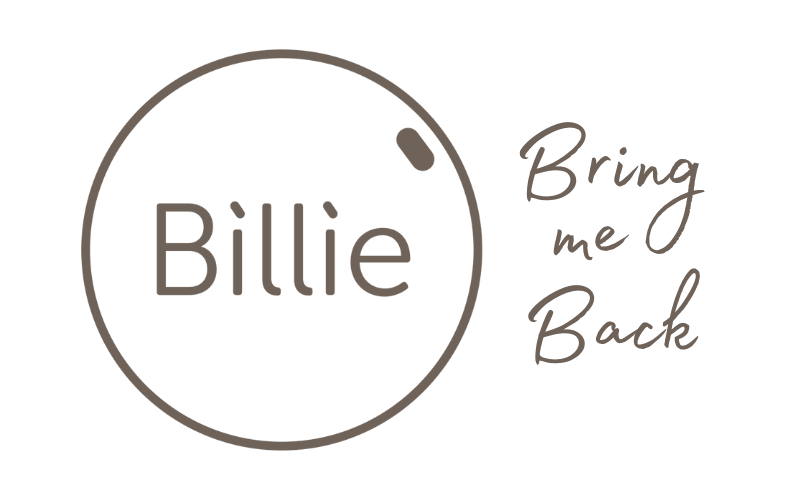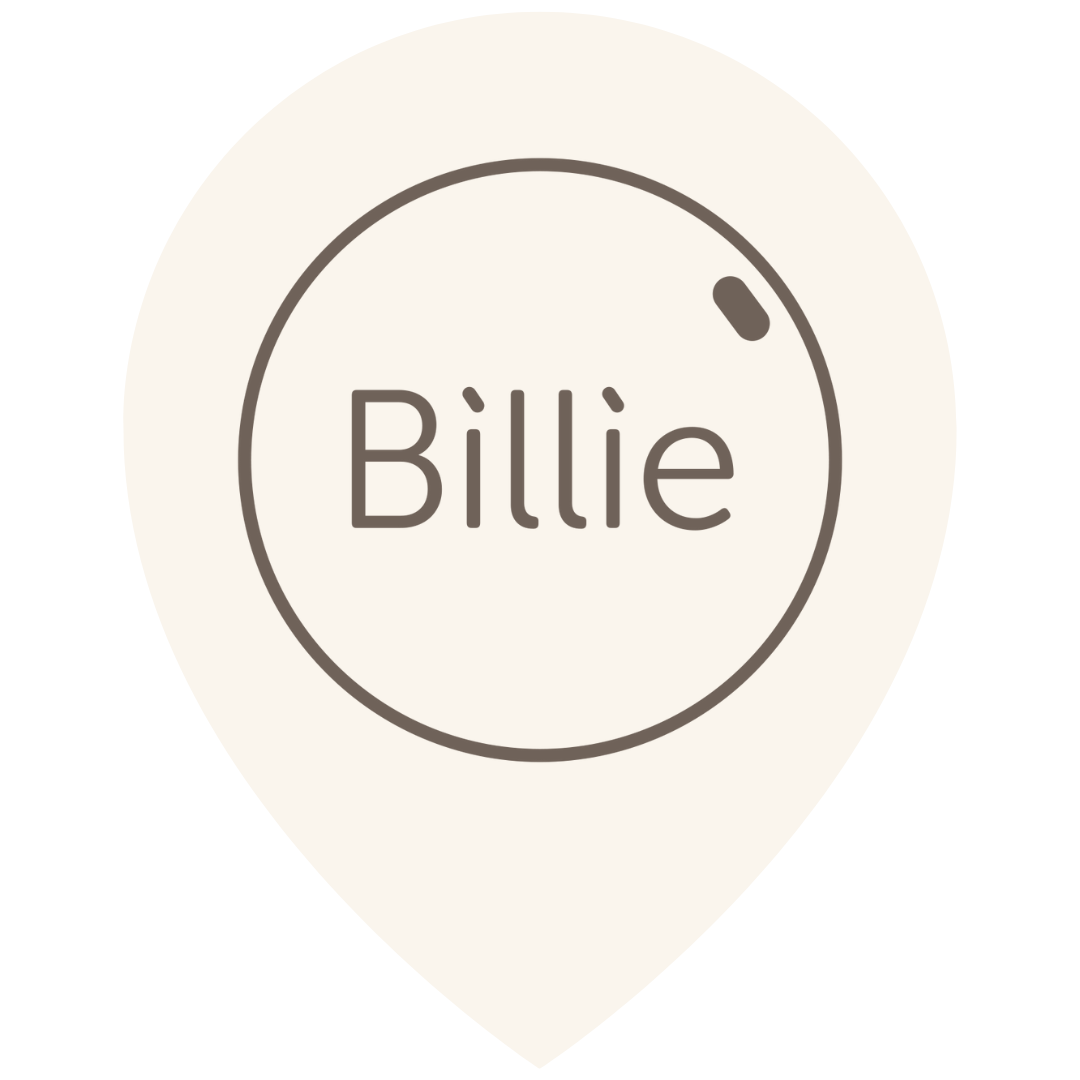Regulations on single-use cups in different countries
Billie Cup operates in several countries, including Belgium, France, the Netherlands, Spain and Canada. Each of these countries has introduced its own regulations on single-use and reusable cups, in response to European Directive (EU) 2019/904, also known as the SUP (Single-Use Plastic) Directive.
This directive aims to reduce the environmental impact of single-use plastics and promote the use of reusable containers to encourage the transition to a circular economy. It bans the market placement of a number of single-use products. In particular, it bans beverage cups made from expanded polystyrene, a type of plastic that is harmful to the environment (MTECT, 2022), also known as frigolite.
Each EU Member State has transposed this directive into its domestic regulations, with varying degrees of severity. Some countries have complied strictly with the directive, while others, such as France and the Netherlands, have introduced more stringent rules.
Belgium
Belgium is going further than the European Directive. It bans the placing on the market of all single-use plastic cups, not just those made of expanded polystyrene, although those made of cardboard with a plastic coating are still permitted (Royal Decree of 9 December 2021 on single-use products and the promotion of reusable products).
Since 1 September 2023, the use of reusable cups is mandatory for public events throughout the country.
France
As part of the AGEC law (Loi Anti-Gaspillage pour une Economie Circulaire), measures have been adopted to limit packaging waste in CHR (Cafés – Hotels – Restaurants) establishments:
In particular, from 1 January 2023, ‘disposable tableware will be banned in fast-food establishments serving more than 20 covers simultaneously, for everything consumed on the premises: meals will now be served in washable and reusable tableware’.
Incentives have also been introduced for takeaway sales. Since 1 January 2021, consumers have been able to bring their own reusable containers to takeaway vendors and benefit from reduced prices.
To find out more about the various measures in the AGEC Act, click here: https://www.ecologie.gouv.fr/loi-anti-gaspillage-economie-circulaire
Netherlands
The placing on the market of single-use plastic products listed in the SUP Directive has been banned since 3 July 2021. However, the country has not stopped there, and has decided to go beyond the requirements of the Directive in order to achieve its single-use reduction targets.
Since 1 July 2023, consumers have had to pay for disposable plastic cups, including those partially made of plastic such as cardboard cups with a plastic coating, as well as disposable plastic containers. In addition, retailers are required to offer their customers a reusable alternative. This can take the form of providing reusable cups or containers that customers can return at a later date, or encouraging consumers to bring their own containers (‘Bring Your Own’).
In addition, since 1 January 2024, single-use cups containing plastic and disposable plastic containers have been banned for consumption on the premises, whether in HORECA establishments, at events, in offices, associations or sports clubs.
Canada
Canada’s Single-use Plastics Prohibition Regulations (SUPPR) prohibit the placing on the market of a number of single-use plastic products, including lightweight bags used at checkouts, cutlery, cup holders, stirrers, straws and a number of catering items containing specific types of plastic deemed harmful. Among the catering products prohibited by law are cups made from expanded or extruded polystyrene, black carbon and oxo-degradable plastics.
Find out more about the law here: https://www.canada.ca/en/environment-climate-change/services/managing-reducing-waste/reduce-plastic-waste/single-use-plastic-overview.html
Spain
Waste Act 7/2022 bans the placing on the market of disposable plastic products as defined in the European Directive. This law goes further by also banning plastic packaging for fruit and vegetables weighing less than 1.5kg. Supermarkets and mini-markets with an area of 400m or more must also allocate at least 20% of their space to products in bulk or in reusable containers.
Although only expanded polystyrene cups are banned, retailers must agree to serve consumers in their own containers. Since January 2023, consumers have also had to pay for single-use cups.
It should also be noted that various regions of Spain have adopted their own regional regulations. For example, the Canary Islands have banned the use of single-use containers at public events since 1 January 2021. Navarre and the Balearic Islands have set targets for reuse in the HORECA (Hotel, Retail & Catering) sector: to serve 80% of beer, 70% of soft drinks and 40% of water in reusable containers by 2028.
It is therefore advisable to refer to regional regulations in Spain, as some regions set their own rules.
sources
European Union:
- Directive (UE) 2019/904 of the European Parliament and of the Council of 5 June 2019 on the reduction of the impact of certain plastic products on the environment. https://eur-lex.europa.eu/legal-content/EN/TXT/PDF/?uri=CELEX:32019L0904
- Ministère de la Transition Écologique et de la Cohésion des Territoires (MTECT). (17 mai 2022). Réduction de l’impact environnemental du plastique : engagement des acteurs de la filière polystyrène. Retrieved from : https://www.ecologie.gouv.fr/reduction-limpact-environnemental-du-plastique-engagement-des-acteurs-filiere-polystyrene#:~:text=Ils%20g%C3%A9n%C3%A8rent%20une%20pollution%20importante,bouteilles%20en%20plastique%20entre%20autres
- Oliver, A. (02/06/2023). Déchets : qu’est-ce que la directive sur les plastiques à usage unique ? Toute l’Europe.eu. Retrieved from https://www.touteleurope.eu/environnement/dechets-qu-est-ce-que-la-directive-sur-les-plastiques-a-usage-unique/
Belgium:
- Écoconso. (25 janvier 2022). Plusieurs objets jetables en plastique sont désormais interdits. Retrieved from https://www.ecoconso.be/fr/content/plusieurs-objets-jetables-en-plastique-sont-desormais-interdits
- Wallonia : Décret du 9 mars 2023 relatif aux déchets, à la circularité des matières et à la propreté publique. https://wallex.wallonie.be/eli/loi-decret/2023/03/09/2023044053
- Brussels : Bruxelles.be. (s.d.). Interdiction du plastique à usage unique lors des évènements. Retrieved from: https://www.bruxelles.be/interdiction-du-plastique-usage-unique-lors-des-evenements
- Flanders: OVAM. (s.d.). Wetgeving drankverpakkingen en voedselverpakkingen. Retrieved from: https://ovam.vlaanderen.be/wetgeving-drankverpakkingen-en-voedselverpakkingen
France:
- Ministère de la Transition Écologique et de la Cohésion des Territoires. (15 novembre 2023). La loi anti-gaspillage pour une économie circulaire. Retrieved from https://www.ecologie.gouv.fr/loi-anti-gaspillage-economie-circulaire
Netherlands:
- CMS law tax future. (29/02/2024). Plastics and packaging laws in the Netherlands. Retrieved from : https://cms.law/en/int/expert-guides/plastics-and-packaging-laws/the-netherlands
- gov.nl. (s.d.). Rules for plastic cups and container (disposable plastic). Retrieved from https://business.gov.nl/regulation/customers-must-pay-for-plastic-cups-and-containers/
Canada:
- Government of Canada. (18/04/2023). Single-use Plastics Prohibition Regulations – Overview. Retrieved from : https://www.canada.ca/en/environment-climate-change/services/managing-reducing-waste/reduce-plastic-waste/single-use-plastic-overview.html
Spain:
- Copello, L., Maillot, J., & Cullen, N. (September 2022). Single Use Plastics Directive Implementation Assessment Report. Rethink Plastic Alliance. Retrieved from https://rethinkplasticalliance.eu/wp-content/uploads/2022/09/SUP-Implemetation-Assessment-Report.pdf
- Law 7/2022 of 8 April on waste and contaminated soils for a circular economy

